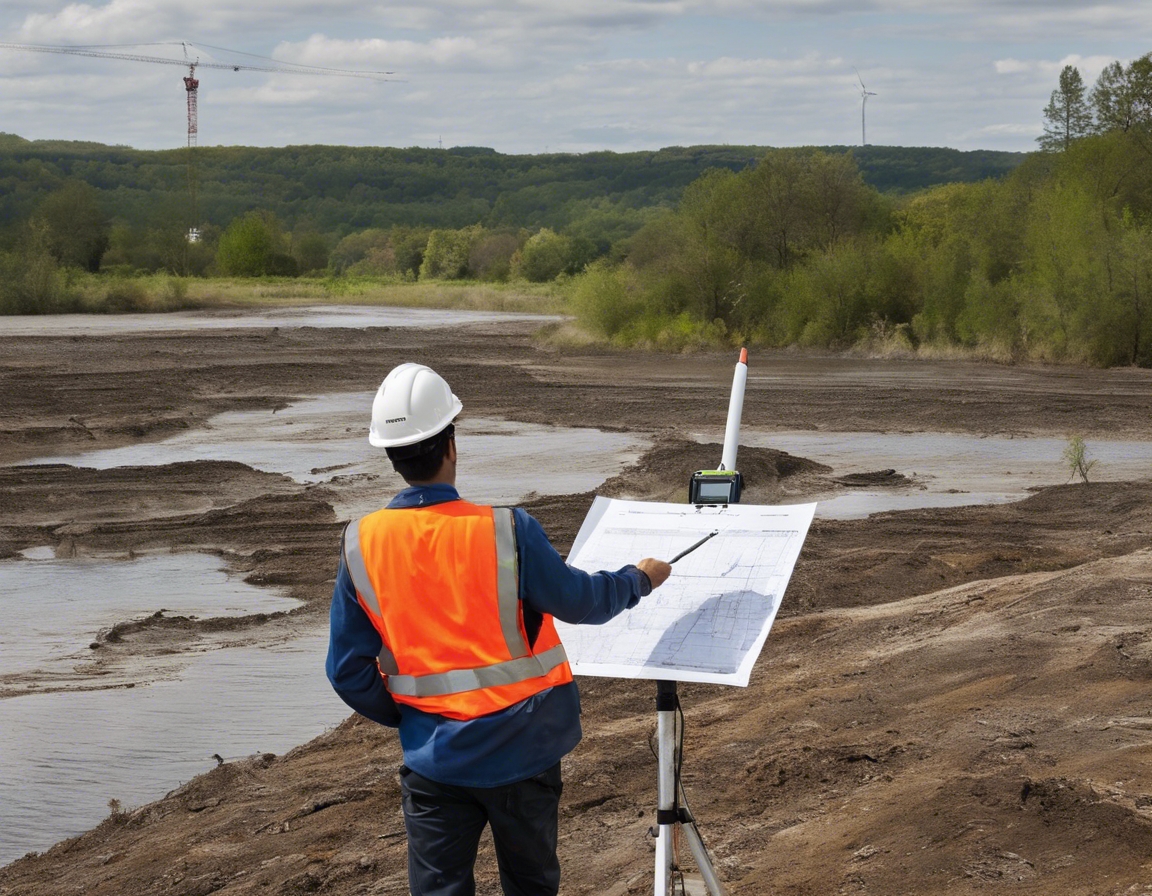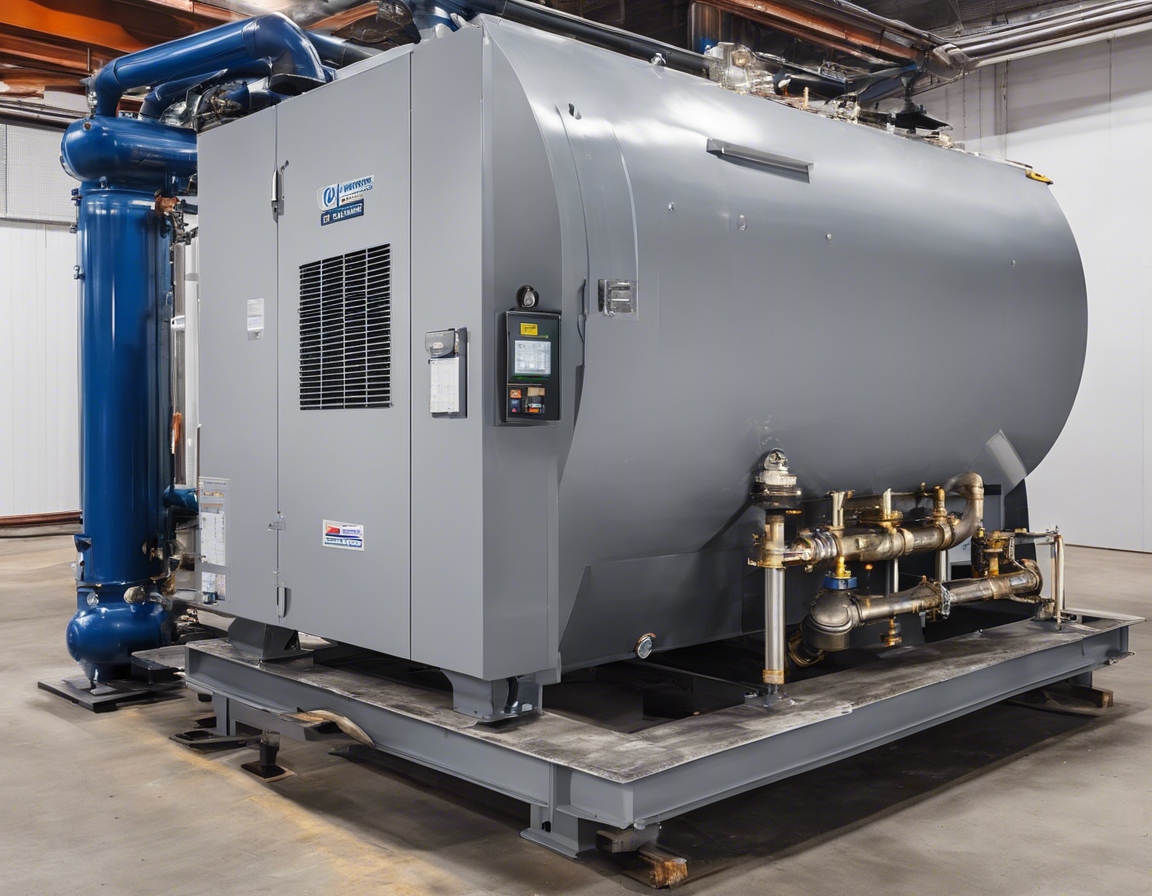The ultimate guide to sustainable heating systems for your home
As the world becomes increasingly aware of the importance of sustainability, homeowners are looking for ways to reduce their carbon footprint and save on energy costs. Sustainable heating systems are a key component of green living, offering efficient and eco-friendly ways to keep your home warm.
Understanding Your Heating Needs
Before choosing a heating system, it's crucial to understand your home's current energy efficiency. This involves inspecting insulation, windows, and doors for potential heat loss.
Calculate the heating requirements for your home by considering the square footage, climate, and your personal comfort preferences.
Types of Sustainable Heating Systems
Solar heating systems harness the power of the sun to provide heat, reducing reliance on fossil fuels and lowering energy bills.
Geothermal heat pumps use the stable temperature of the ground to heat and cool your home, offering a highly efficient and renewable source of energy.
Biomass systems burn organic materials, such as wood pellets or chips, to produce heat. They are considered carbon-neutral as the CO2 released is offset by the growth of new plants.
Air source heat pumps extract heat from the outside air, even in cold temperatures, to heat your home efficiently.
Hydronic radiant heating systems circulate warm water through pipes under the floor, providing even and comfortable heat distribution.
Choosing the Right Sustainable Heating System
Consider factors such as your home's location, existing heating infrastructure, and budget when selecting a sustainable heating system.
Analyze the upfront costs versus long-term savings of different systems to determine the most cost-effective option for your home.
Installation and Maintenance
For optimal performance and safety, sustainable heating systems should be installed by professionals with experience in eco-friendly solutions.
Regular maintenance is essential for the longevity and efficiency of your heating system. This includes cleaning, inspections, and timely repairs.
Incentives and Rebates
Many governments offer incentives for homeowners who install sustainable heating systems, such as tax credits or subsidies.
Local utilities and organizations may provide additional rebates and programs to encourage the adoption of green heating solutions.
Conclusion
Choosing a sustainable heating system for your home is a smart investment in both the environment and your wallet. With a variety of options available, you can find a system that meets your needs and supports a greener future.








Comments (0)